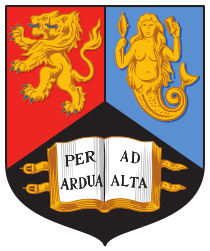Corpus Linguistics summer school is open to undergraduate, postgraduate, and doctoral students, as well as researchers who want to improve their skills to apply corpus methods in their own research.
The fifth Corpus Linguistics Summer School will be entirely online and consist of synchronous and asynchronous elements. The synchronous part will take place from 5 to 8 July, 2021. Prior to the synchronous part, participants will be expected to complete the asynchronous part consisting of self-study video lectures and hands-on materials. Please note that the synchronous sessions will not be recorded.
Our summer school aims to equip participants with critical expertise in both the theory and practice of corpus-based linguistic research. Building on the strengths of our Centre for Corpus Research (CCR) and our invited speakers, we strive to offer participants a learning experience that is both beneficial for their own specific research needs and enriching to them as language researchers at large. There will also be the opportunity for participants to present their own work and receive feedback from our expert team. Given the specialised nature of the programme, a basic understanding of corpus linguistics is highly recommended.
Registration
Registration is now open - you can register for the summer school .
The summer school fee is £80.
Programme
The complete programme of the summer school will be available nearer the time.
Over the course of four days, participants will be actively involved in two kinds of sessions. First, hands-on sessions will put the emphasis on the learning of practical skills for the purpose of extracting and analysing corpus data of various kinds, and the application of this knowledge to specific research projects. Second, participants will also learn about current corpus-based research from our local staff of corpus linguists.
The programme will cover the following topics (non-exhaustive list):
- Corpus tools and specialized software
- Data exploration
- Creating a custom corpus
- Phraseology
- Introduction to R and tidyverse
- Web scraping with R
- Statistics in corpus linguistics
- Sign language corpora
- Corpora and legal research
For more information click "LINK TO ORIGINAL" below.
